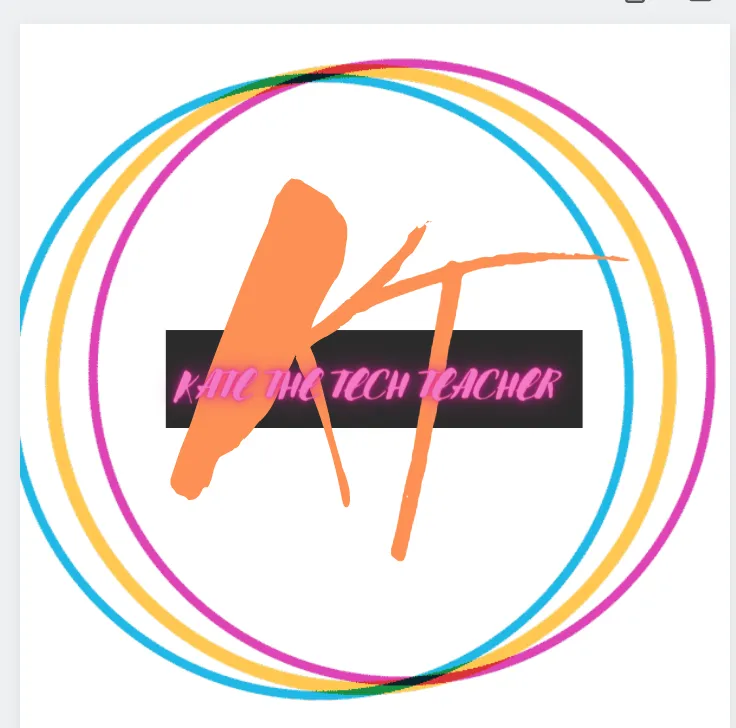Blog Posts
Unlocking the World of Coding: Empowering Elementary Teachers to Teach Coding with Confidence

Unlocking the Potential: The Benefits of Coding for Young Learners
"Learning to code at a young age prepares children for the future, regardless of the profession they choose. It teaches them critical thinking, problem-solving, and creativity—essential skills that will empower them in the digital world." - Tim Cook, CEO of Apple Inc.
Introduction:
In today's digital age, coding has emerged as an essential skillset. As educators, it's crucial to recognize the significant advantages that coding offers to young learners. Beyond its technical aspects, coding fosters a range of cognitive, creative, and problem-solving skills that prepare children for the challenges of the future. In this blog post, we will explore the benefits of coding for young learners, supported by statistics and research.
With that said, here are 5 reasons why coding benefits young learners !👊
1.Enhances Problem-Solving Skills
Coding provides a platform for young learners to develop problem-solving skills, which are essential for success in various fields. Research shows that coding activities engage students in logical thinking, analytical reasoning, and systematic approaches to tackle complex problems (Resnick, 2017). According to a study by Bers et al. (2014), children who engage in coding activities demonstrate improved problem-solving abilities and creative thinking.
2. Boosts Computational Thinking
Computational thinking, the ability to break down problems into smaller logical steps, is a foundational skill in coding. By learning to code, young learners develop computational thinking skills, enabling them to approach challenges in a structured and systematic manner (Wing, 2006). Research conducted by Grover and Pea (2013) shows that computational thinking skills gained through coding positively impact students' academic performance across various subjects.
3. Promotes Creativity and Innovation
Coding empowers young learners to express their creativity and turn ideas into reality. Through coding, children can create interactive stories, games, and multimedia projects, allowing them to explore their imagination and unleash their innovative potential (Bers, 2018). A study by Guha and Sengupta (2017) reveals that coding activities encourage creativity, as students experiment with different solutions, iterate on designs, and bring their ideas to life.
4. Develops Persistence and Resilience
Coding challenges often require trial and error, encouraging young learners to persist through obstacles and develop a resilient mindset. According to recent research, students who engage in coding activities demonstrate increased perseverance, adaptability, and the ability to learn from failure (Hsu et al., 2021). These skills are crucial for success not only in coding but also in various real-life scenarios.
5. Fosters Collaboration and Communication
Coding encourages collaboration and effective communication among young learners. Working on coding projects in teams allows students to exchange ideas, share knowledge, and solve problems collectively (Bers et al., 2014). Research by Moreno and Mayer (2007) indicates that collaborative coding activities improve students' interpersonal skills, such as teamwork, negotiation, and articulating ideas.
Other resources to help you get started with teaching coding fundamentals :Coming Soon:
Coding Made Simple
A course designed to help teachers teach coding to elementary students with confidence even if they know nothing about coding yet.
© KateThetechteacher.COM | ALL RIGHTS RESERVED | TERMS & CONDITIONS | SITE BY FUNNEL GORGEOUS

